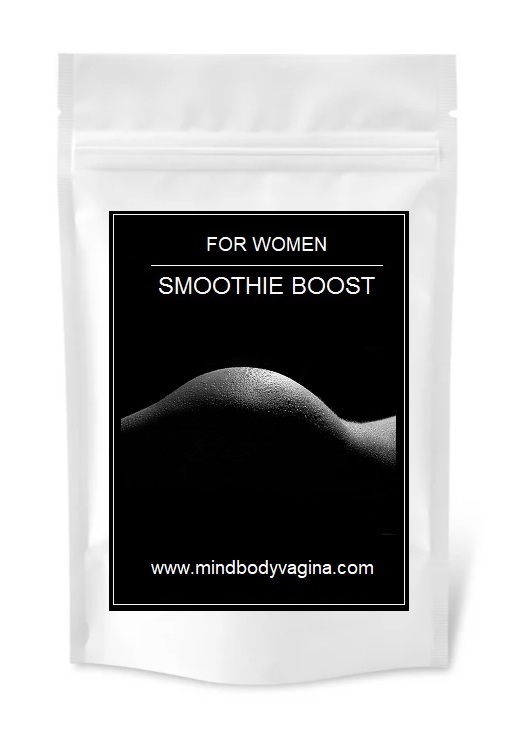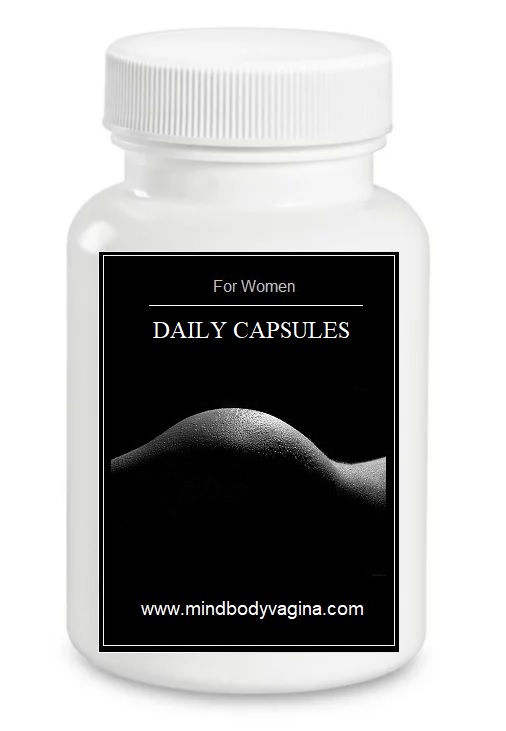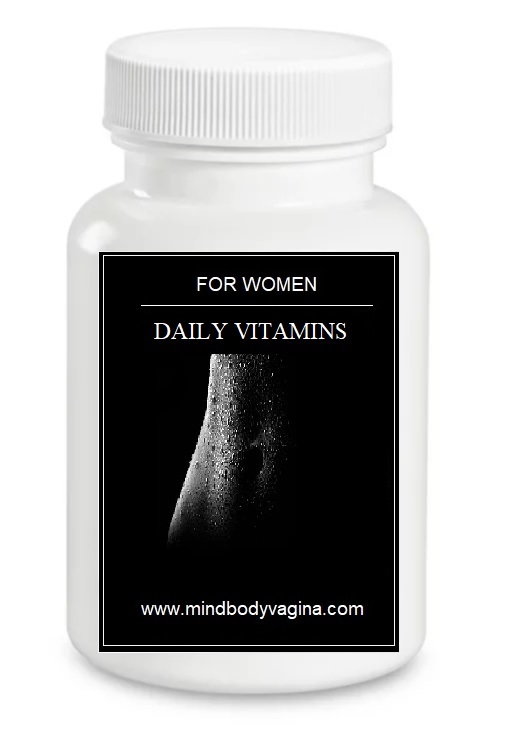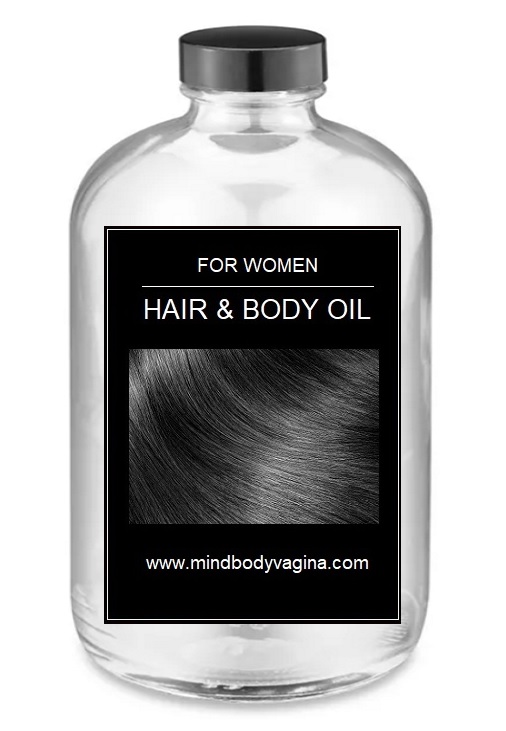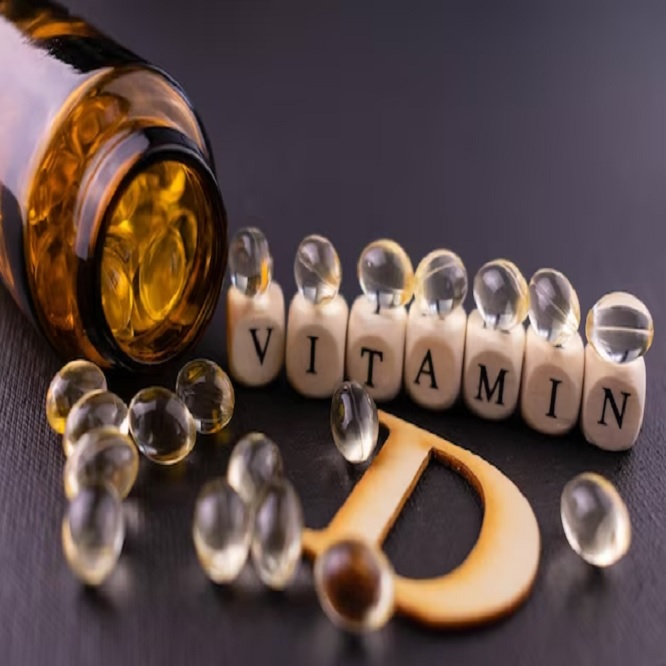
Top 25 Vitamins for Men’s Mental, Physical and Sexual Health
- Vitamin D: Often referred to as the “sunshine vitamin,” vitamin D plays a crucial role in bone health, immune function, and mood regulation. It supports calcium absorption, promoting strong bones and teeth. Adequate levels of vitamin D are associated with improved mood, immune function, and overall well-being. Sources include sunlight exposure, fatty fish, fortified dairy products, and supplements.
- Vitamin B Complex: The B vitamins, including B1 (thiamine), B2 (riboflavin), B3 (niacin), B5 (pantothenic acid), B6 (pyridoxine), B7 (biotin), B9 (folate), and B12 (cobalamin), are essential for energy metabolism, nervous system function, and mood regulation. They support the conversion of food into energy, neurotransmitter synthesis, and red blood cell formation. B vitamins are found in whole grains, leafy greens, legumes, and animal products, and supplements are available.
- Vitamin C: As a potent antioxidant, vitamin C supports immune function, collagen synthesis, and wound healing. It helps protect against oxidative stress and promotes healthy skin, gums, and blood vessels. Adequate vitamin C intake is crucial for overall health and well-being. Sources include citrus fruits, berries, kiwi, peppers, and leafy greens.
- Vitamin E: Vitamin E is a powerful antioxidant that protects cells from oxidative damage and supports immune function. It helps maintain healthy skin, hair, and nails and may alleviate symptoms of PMS and menopause. Sources include nuts, seeds, vegetable oils, leafy greens, and supplements.
- Vitamin A: Essential for vision, immune function, and skin health, vitamin A supports mucous membrane health and promotes wound healing. It plays a crucial role in maintaining healthy vision, skin, and reproductive function. Sources include liver, fish liver oil, dairy products, eggs, and orange and yellow fruits and vegetables.
- Vitamin K: Vitamin K is necessary for blood clotting, bone metabolism, and cardiovascular health. It helps maintain strong bones, regulate calcium absorption, and prevent arterial calcification. Adequate vitamin K intake is essential for bone health and overall well-being. Sources include leafy greens, broccoli, Brussels sprouts, meat, and dairy products.
- Vitamin B9 (Folate): Folate is crucial for DNA synthesis, cell division, and neural tube development during pregnancy. It supports cardiovascular health, cognitive function, and mood regulation. Adequate folate intake is especially important during pregnancy to prevent neural tube defects. Sources include leafy greens, legumes, citrus fruits, fortified grains, and supplements.
- Vitamin B12 (Cobalamin): Vitamin B12 is essential for red blood cell formation, neurological function, and DNA synthesis. It supports energy metabolism, cognitive function, and mood regulation. Adequate vitamin B12 intake is crucial for nerve health and overall well-being. Sources include meat, fish, poultry, eggs, and dairy products.
- Vitamin B6 (Pyridoxine): Vitamin B6 plays a vital role in amino acid metabolism, neurotransmitter synthesis, and hormone regulation. It supports brain health, mood regulation, and immune function. Adequate vitamin B6 intake is essential for overall health and well-being. Sources include poultry, fish, bananas, potatoes, and fortified grains.
- Vitamin B5 (Pantothenic Acid): Vitamin B5 is involved in energy metabolism, hormone synthesis, and neurotransmitter production. It supports adrenal function, skin health, and wound healing. Adequate vitamin B5 intake is essential for overall health and well-being. Sources include meat, poultry, fish, whole grains, and legumes.
- Vitamin B3 (Niacin): Niacin is essential for energy metabolism, DNA repair, and hormone synthesis. It supports cardiovascular health, cognitive function, and skin health. Adequate niacin intake is essential for overall health and well-being. Sources include meat, poultry, fish, whole grains, and legumes.
- Vitamin B2 (Riboflavin): Riboflavin is involved in energy metabolism, antioxidant defense, and red blood cell formation. It supports eye health, skin health, and hormone synthesis. Adequate riboflavin intake is essential for overall health and well-being. Sources include dairy products, eggs, lean meats, green leafy vegetables, and fortified grains.
- Vitamin B1 (Thiamine): Thiamine is essential for energy metabolism, nerve function, and carbohydrate metabolism. It supports brain health, mood regulation, and cardiovascular function. Adequate thiamine intake is essential for overall health and well-being. Sources include whole grains, lean meats, nuts, seeds, and legumes.
- Vitamin B7 (Biotin): Biotin is necessary for energy metabolism, fatty acid synthesis, and glucose regulation. It supports healthy hair, skin, and nails and may prevent hair loss. Adequate biotin intake is essential for overall health and well-being. Sources include liver, egg yolks, nuts, seeds, legumes, and whole grains.
- Vitamin B4 (Adenine): Adenine is a component of coenzyme A, which is involved in energy metabolism and fatty acid synthesis. It supports cellular energy production, neurotransmitter synthesis, and hormone regulation. Adequate adenine intake is essential for overall health and well-being. Sources include meat, fish, poultry, whole grains, and legumes.
- Vitamin B8 (Inositol): Inositol is involved in cell signaling, neurotransmitter function, and lipid metabolism. It supports mood regulation, insulin sensitivity, and nerve health. Adequate inositol intake is essential for overall health and well-being. Sources include citrus fruits, nuts, seeds, beans, and whole grains.
- Vitamin B10 (Pterin): Pterin is a precursor to tetrahydrobiopterin, which is involved in neurotransmitter synthesis and amino acid metabolism. It supports mood regulation, cognitive function, and cardiovascular health. Adequate pterin intake is essential for overall health and well-being. Sources include meat, poultry, fish, eggs, and dairy products.
- Vitamin B11 (Carnitine): Carnitine is involved in fatty acid metabolism, energy production, and mitochondrial function. It supports muscle health, exercise performance, and cardiovascular function. Adequate carnitine intake is essential for overall health and well-being. Sources include meat, poultry, fish, dairy products, and nuts.
- Vitamin B13 (Orotic Acid): Orotic acid is involved in nucleic acid synthesis, amino acid metabolism, and energy production. It supports cell growth, tissue repair, and exercise performance. Adequate orotic acid intake is essential for overall health and well-being. Sources include dairy products, meat, fish, and whole grains.
- Vitamin B14 (Methylcobalamin): Methylcobalamin is a form of vitamin B12 that plays a crucial role in DNA synthesis, nerve function, and red blood cell formation. It supports cognitive function, mood regulation, and cardiovascular health. Adequate methylcobalamin intake is essential for overall health and well-being. Sources include meat, fish, poultry, eggs, and dairy products.
- Vitamin B15 (Pangamic Acid): Pangamic acid is involved in energy metabolism, oxygen utilization, and antioxidant defense. It supports athletic performance, immune function, and cardiovascular health. Adequate pangamic acid intake is essential for overall health and well-being. Sources include whole grains, seeds, nuts, and legumes.
- Vitamin B16 (Dimethylglycine): Dimethylglycine is involved in methylation reactions, neurotransmitter synthesis, and immune function. It supports cognitive function, mood regulation, and athletic performance. Adequate dimethylglycine intake is essential for overall health and well-being. Sources include meat, fish, poultry, beans, and seeds.
- Vitamin B17 (Amygdalin): Amygdalin is a compound found in certain fruits and seeds, such as apricot kernels and bitter almonds. It has been proposed to have anticancer properties, although scientific evidence is limited. Some people use amygdalin supplements for its potential health benefits, but safety concerns exist due to its conversion into cyanide in the body.
- Vitamin B18 (Para-aminobenzoic Acid): Para-aminobenzoic acid (PABA) is involved in folic acid metabolism, red blood cell formation, and UV protection. It supports skin health, hair pigmentation, and antioxidant defense. Adequate PABA intake is essential for overall health and well-being. Sources include whole grains, meat, dairy products, and leafy greens.
- Vitamin B19 (Choline): Choline is involved in neurotransmitter synthesis, cell membrane structure, and lipid metabolism. It supports brain health, liver function, and fetal development during pregnancy. Adequate choline intake is essential for overall health and well-being. Sources include eggs, liver, meat, fish, and cruciferous vegetables.


